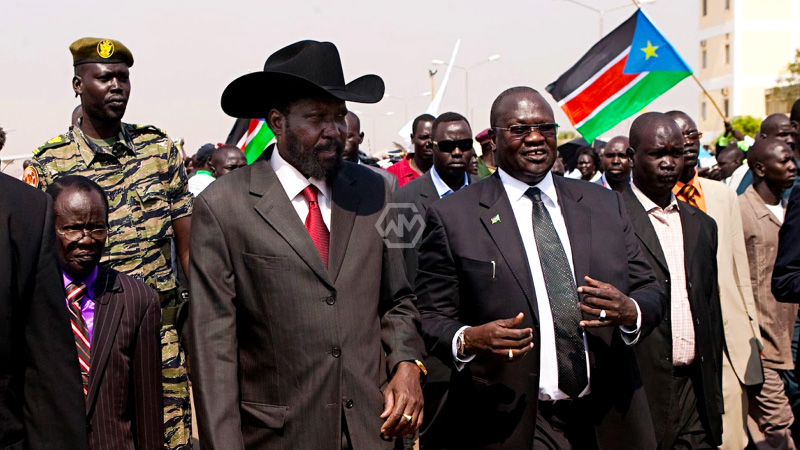- Opposition leader Riek Machar has been detained by government forces, raising concerns for his safety.
- Fighting between Machar’s allies and government troops has escalated in Upper Nile state.
- The UN and global leaders warn that South Sudan is at risk of falling back into full-scale war.
South Sudan’s fragile peace is in jeopardy following the arrest of opposition leader Riek Machar. His detention, along with the disarmament of his bodyguards, signals deepening political tensions.
Global powers, including the US and UN, have urged President Salva Kiir’s administration to de-escalate tensions and uphold the 2018 peace agreement. Several of Machar’s allies have already been detained, raising fears of a broader political crackdown.
South Sudan’s Crisis Deepens: Global Calls for De-escalation Amid Machar’s Arrest
Machar’s arrest follows weeks of violence in Upper Nile state, where clashes between his loyalists and government troops have left several dead. The White Army, an armed group backing Machar, has played a key role in recent skirmishes, forcing thousands to flee their homes. Government airstrikes in rebel-controlled areas have escalated the situation, drawing international condemnation.
The UN has warned that the current trajectory risks undoing years of fragile peacebuilding efforts. Nicholas Haysom, head of the UN mission in South Sudan, has urged both sides to return to negotiations and prevent the country from sliding back into civil war. The 2018 Revitalized Peace Agreement remains at risk if political rivalries turn into full-scale violence.
The crisis has also impacted the country’s economy, which heavily relies on oil production. The detention of key officials, including Petroleum Minister Puot Kang Chol, has raised concerns over disruptions to South Sudan’s already struggling oil sector. Investors fear instability could lead to further economic downturn, worsening the humanitarian crisis.
Amid the political turmoil, neighboring Uganda has deployed special forces to South Sudan to protect its government. While officials claim this is a precautionary measure, analysts warn it could deepen regional tensions. With growing instability, the international community is pushing for diplomatic intervention before the situation spirals further out of control.
South Sudan stands at a crossroads, with its fragile peace agreement hanging in the balance. If diplomatic solutions are not prioritized, the country risks another devastating conflict.
“We stand on the brink of relapsing into widespread conflict or taking the country forward towards peace, recovery, and democracy.” — Nicholas Haysom, UN Mission Head



